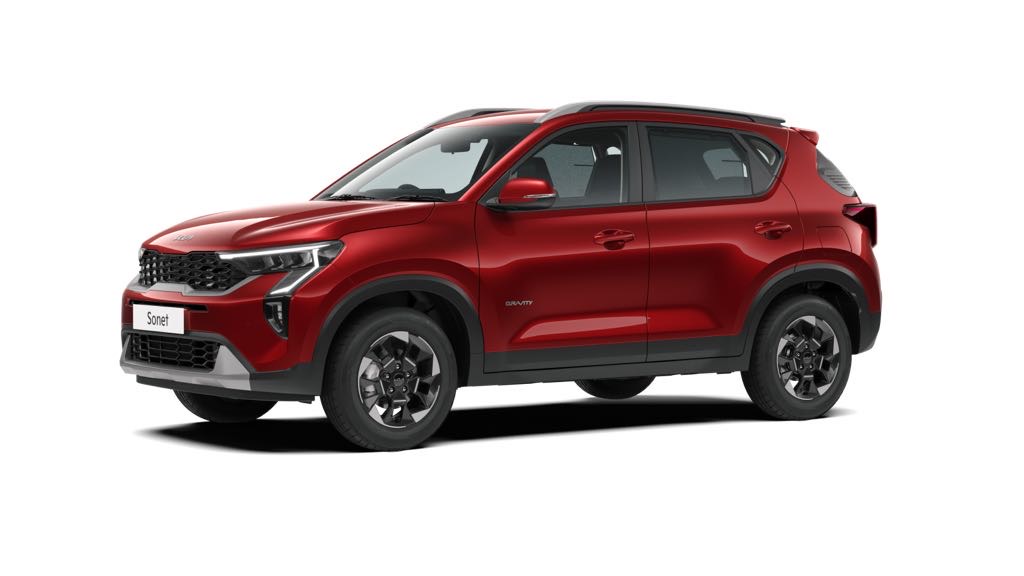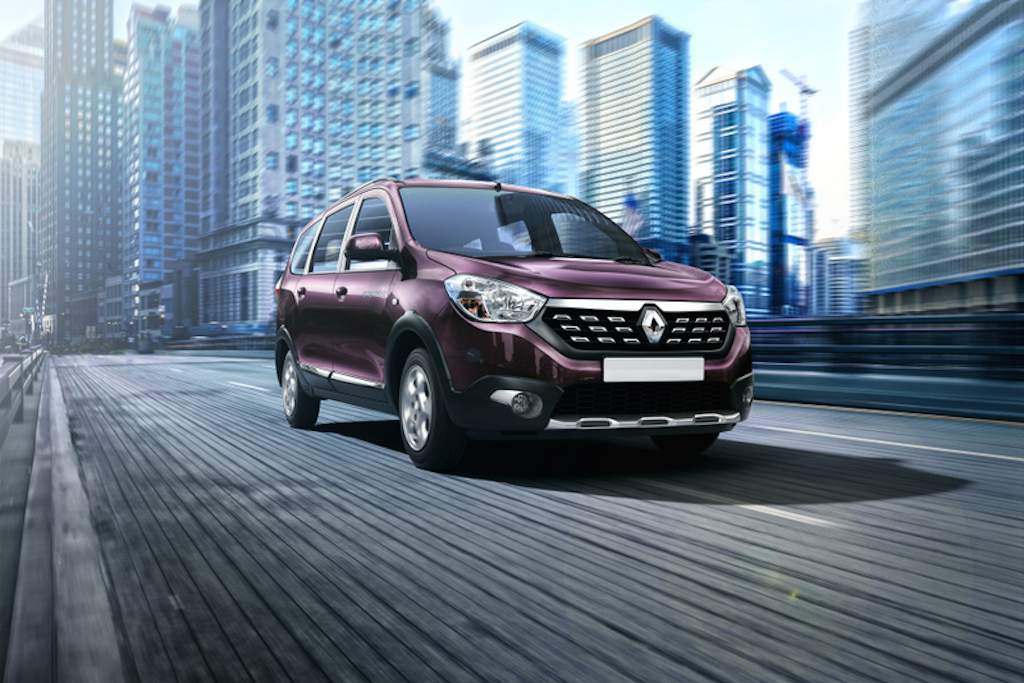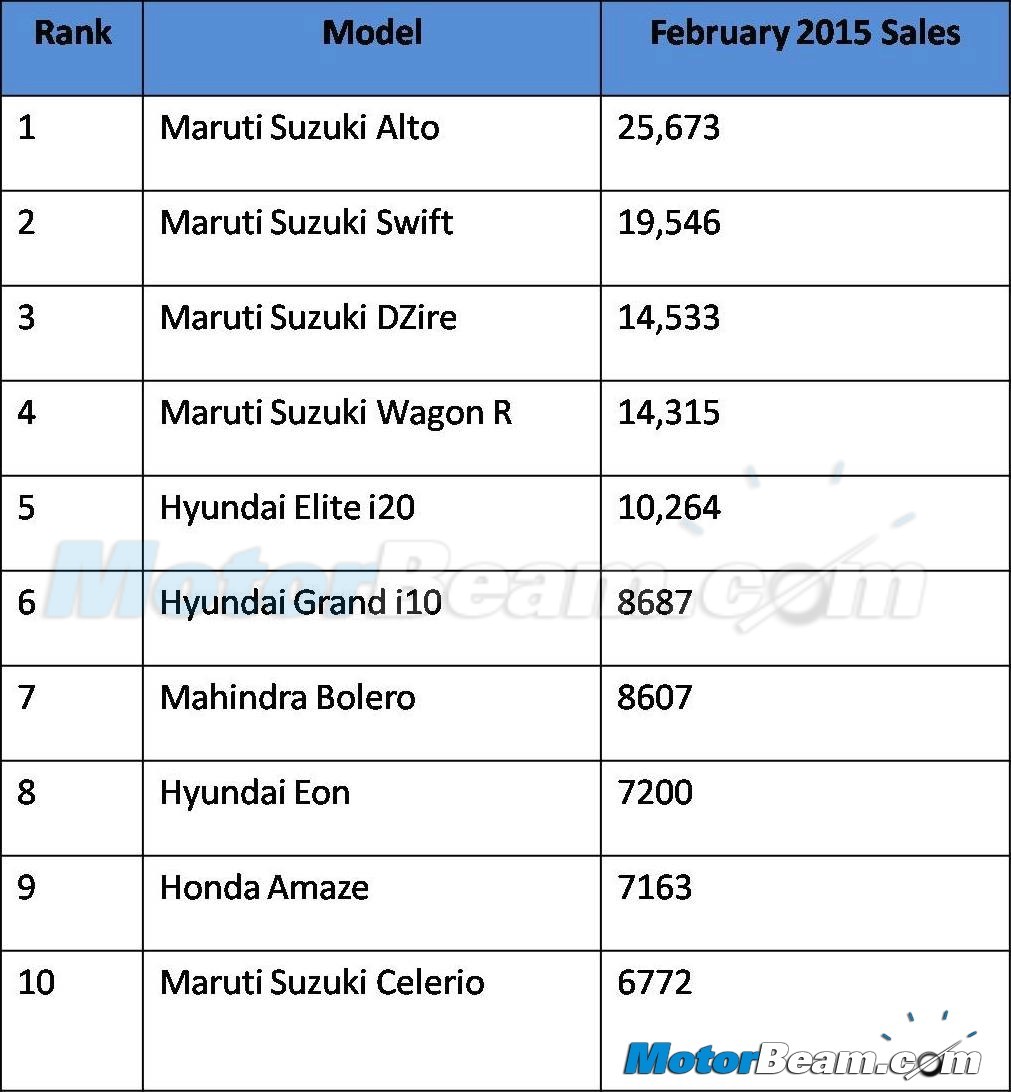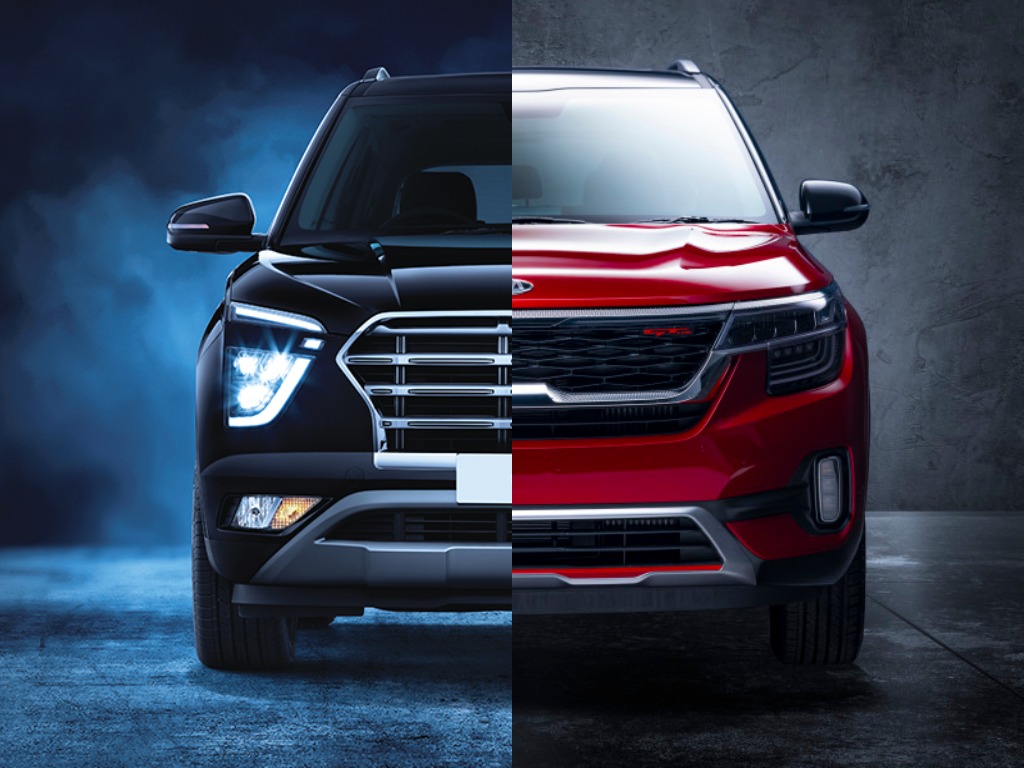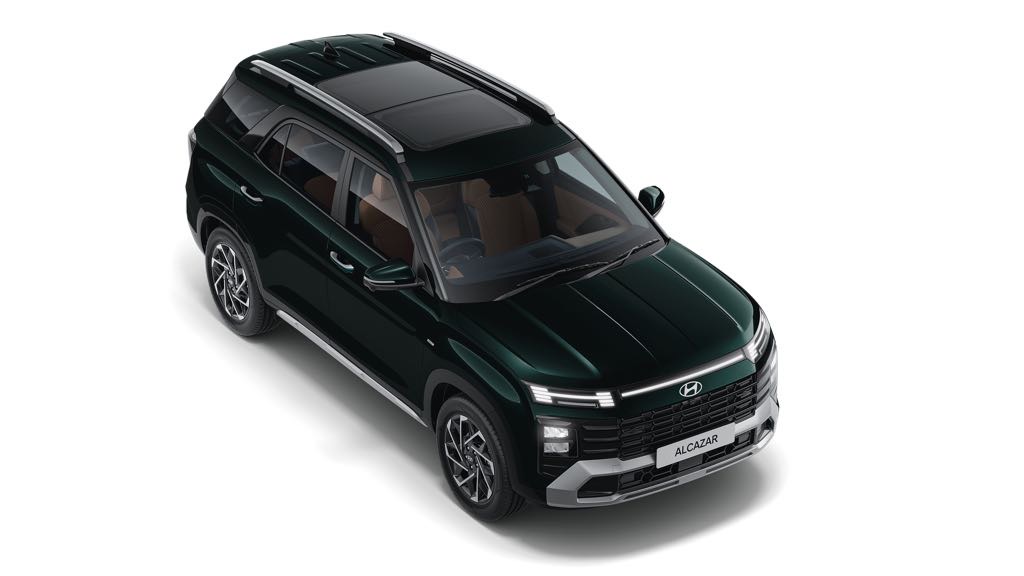
Mass market and luxury carmakers announce price hike for 2025 in India
As the calendar flips to 2025, car buyers in India should brace for price hikes across a wide range of vehicles. Several leading automakers have announced increases in their product line-ups, citing higher input costs, operational expenses and transportation expenditures as key drivers. Here’s a detailed look at what’s in store for potential buyers.
Maruti Suzuki
India’s largest carmaker, Maruti Suzuki, has declared a 4% price hike across its extensive line-up. The increase will vary depending on specific models and variants. Maruti Suzuki’s portfolio spans from the budget-friendly Alto priced at Rs. 3.99 lakhs to the premium Invicto, which costs over Rs. 30 lakhs (ex-showroom).
Hyundai
Hyundai has opted for a flat increase of Rs. 25,000/- on all models. The Korean carmaker will also kick off the new year with the much-anticipated launch of the Creta EV. Hyundai’s move signals its commitment to expanding its offerings while adapting to market conditions.
Nissan
Nissan India will raise prices by 2% across its sub-4 metre SUVs. The Magnite Facelift, which did not see an increase at its launch, will also fall under this revised pricing structure. Nissan’s flagship X-Trail and the export-friendly Magnite underscore its diverse presence in the Indian market.
Audi
German luxury brand Audi has announced a 3% price increase across its line-up. This includes the recently launched Q7 Facelift and its imported electric models. Audi’s pricing strategy highlights the cost pressures even premium manufacturers face.
BMW
BMW will implement a 3% price hike, impacting over 10 locally produced models as well as its imported electric and performance-focused M models. The hike reflects rising costs across its diverse offerings.
Mercedes-Benz
Mercedes-Benz has taken a slightly nuanced approach. Vehicles manufactured by December 31, 2024, will retain current prices. However, starting January 2025, all models will see up to a 3% increase. Notably, the GLC-Class will cost Rs. 2 lakh more, while the ultra-luxurious Maybach S680 will see a rise of over Rs. 9 lakhs.
MG Motors
MG Motors has joined the price hike wave with up to a 3% increase across its portfolio. The brand, which introduced its Battery as a Service (BAAS) program this year, continues to push innovation alongside market adjustments.
Mahindra
Mahindra has announced a 3% price hike across both its passenger and commercial vehicle segments. This move aligns with the broader trend among Indian automakers to adjust pricing amidst rising costs.
Kia
Kia India will raise prices by up to 2%, attributing the increase to escalating commodity prices and supply chain challenges. The decision mirrors the pressures felt industry-wide.
Tata Motors
Tata Motors has confirmed a 3% hike across its passenger vehicle range, encompassing both internal combustion engine (ICE) models and electric vehicles. The price adjustment reflects Tata’s effort to balance costs while maintaining competitiveness.
While annual price hikes are a routine practice in the automotive sector, 2025’s adjustments underscore the ongoing challenges faced by manufacturers. Rising commodity prices, supply chain disruptions and increased operational costs are universal factors influencing these decisions. For prospective buyers, these hikes may mean reconsidering budgets or advancing purchases to secure current pricing. As automakers navigate these cost pressures, they also continue to innovate, bringing new products like EVs to the market.
